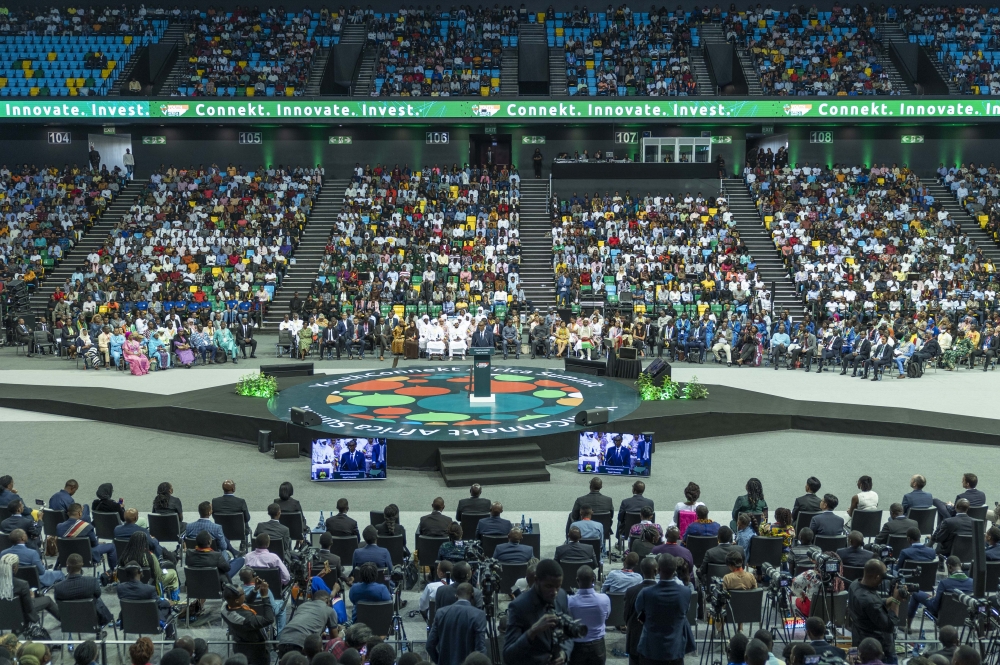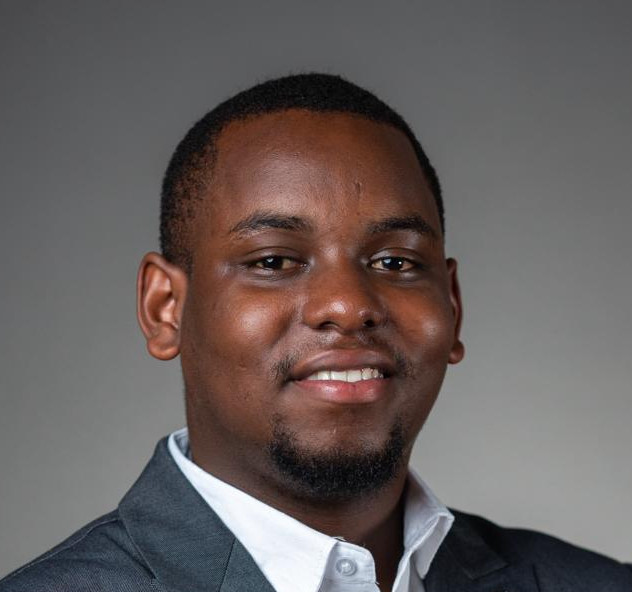

While speaking during the 30th Commemoration of the 1994 Genocide against the Tutsi, President Paul Kagame emphasised that the youth are the guardians of the future and the foundation for the unity of Rwanda. His statement is justifiably right on several multifaceted grounds.
From the ashes of tragedy, Rwanda has risen, and now the torch is being passed to the new generation. As youth, what role are we supposed to play and what do we need as a way forward?
Thirty years in social science means a lot because 30 years represent a social cohort or a generation. This means that Rwanda is undergoing a transition both in terms of the people in charge and the country’s focus.
Unlike 30 years ago, when the country was focused on security problems, uniting Rwandans, extreme poverty, and other issues expected from a country emerging from a massacre like the Genocide against the Tutsi, Rwanda is now focused on more advanced goals such as becoming a middle-income country in the next 11 years. It is reducing its emissions by 38 per cent, and providing refuge for people in danger from both the region and around the world, such as evacuated asylum-seekers and refugees who were trapped in detention in Libya and maybe also the soon-to-come asylum seekers from the UK under the "UK-Rwanda Treaty”.
The key potential problems faced by societies transitioning between generations include the failure to sustain previous progress due to the introduction of new people and new focuses, which can lead to neglect of historical and social issues, leaving gaps for those who wish ill upon the nation.
However, this is unlikely to be a problem for Rwanda because the foundation laid by President Kagame’s leadership and strategies have centred on empowering youth and this is evident through high-profile positions, including top cabinet posts occupied by youthful personnel.
This is also coupled with keeping the memories alive through the annual commemoration of the 1994 Genocide against the Tutsi — our history plays a significant role in shaping our identity.
On the other hand, transitioning generations can bring economic challenges, such as the entry of younger generations into the job market in large numbers, leading to increased competition. It’s important not to overlook the value of experience and skills in handling jobs. This is where preparation becomes crucial.
Rwanda has put in place deliberate policies for youth employment and empowerment which contributes a lot in the legacy transition.
To build upon the existing foundation and the work done over the last 30 years, various approaches and policies are already in place, and the status quo is promising. However, speaking from the perspective of a young person, there is more that can be done. I would like to emphasise the approach of increasing youth involvement and representation, both in leadership positions and the private sector.
The ‘triple bottom line’ approach is one way Rwandans could ensure this transition. In Rwanda, where economic development involves the private sector, it’s essential to involve every sector in catalysing this shift by creating policies that incentivise and applaud businesses and civil societies implementing policies that prioritise the new generation.
This involves ensuring that youth are heard and given more responsibility by establishing quotas for youth representation in various leadership positions, especially in the private sector. By mandating a minimum percentage of youth representation on corporate boards, in the private sector, in government bodies, and within organisations, we can ensure that the perspectives and priorities of young Rwandans are integrated into strategic decision-making processes, easing the transition.
Policies like these would not only promote intergenerational equity but also foster diversity of thought and innovation, driving sustainable progress and sustainable prosperity. Moreover, by providing young people with opportunities to assume leadership roles and contribute meaningfully to shaping Rwanda’s future, the torch can be passed on successfully.
Sustainability is all needed for Rwanda’s progress going forward. While the current progress is commendable, it can only be improved if the next generations are better prepared and enabled to take over.


